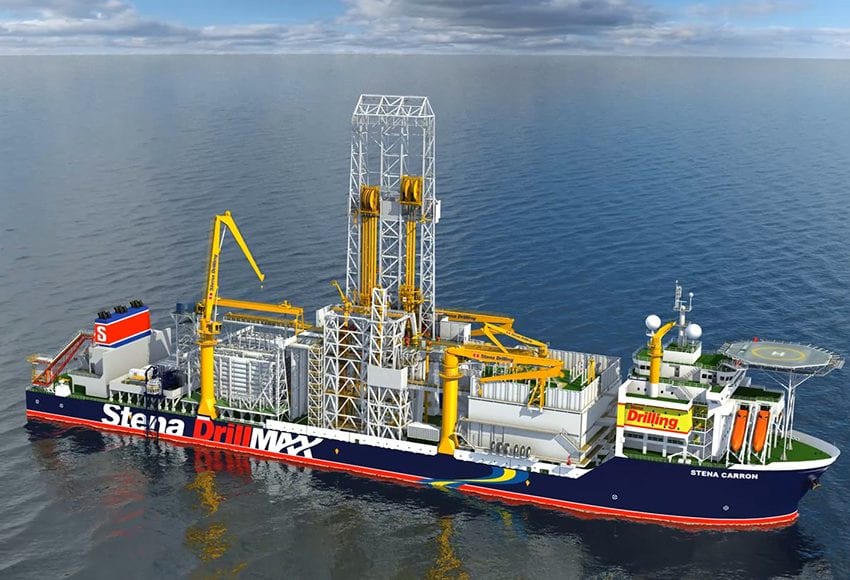When US oil major ExxonMobil first started exploration activities at the Liza field the odds of finding oil at the high-risk Guyana basin was less than 20 percent. The giant discovery in 2015 of 800 million to 1.4 billion barrels of oil equivalent at the Liza Field that followed was the largest find in the world for that year but by no means had it derisked the basin where there were already 40 dry holes from exploration conducted by other companies.
In fact, fresh off of this major discovery, ExxonMobil and its co-venturers Hess and CNOOC hit their first dry hole at Skipjack the following year – September 2016 – just before talks with the Guyana government on the revisions to the 1999 Production Sharing Agreement took place one month later.
“ExxonMobil failed to hit commercial hydrocarbons at the Skipjack exploration well offshore Guyana, where the supermajor was targeting similar conditions to its massive Liza oil find,” oil and gas publication, Upstream, reported at the time.
“We were informed by Exxon and GGMC on August 29 that the ‘Skip Jack’ well proved not to have commercial quantities of hydrocarbons,” Minister of Natural Resources Raphael Trotman stated in response to questions from local publication, Stabroek News, as reported in a September 9, 2016 article.
“This announcement reminded us of the undulating fortunes of mining in general and of oil exploration in particular. The company will continue with plans to develop the Liza well with its declared capacity of approximately 1bln barrels and also look for other possible targets for drilling. Likewise, the government continues its preparations for the eventual production of oil and gas in the near future by building capacity at the legislative, technical and regulatory levels,” Mr. Trotman was quoted by Stabroek News as saying at the time.
Speaking in an article published on OilNOW Sunday, Geoscience Upstream Manager at ExxonMobil Guyana, Mr. Doug McGehee, said “a deep-water well can run anywhere between US$50 to over US$200 million depending on the depth of the water, the complexity. It’s a significant amount of money. And don’t forget, the very first well—Liza 1, had a less than 20 percent chance of success. Four out of five we were not going to find any.”
ExxonMobil and its co-venturers have since made a record 13 discoveries at the Stabroek Block with estimated resource exceeding 5.5 billion barrels of oil equivalent. Oil production from the Liza Phase 1 Development will begin in months and Phase 2 start-up is targeted for 2022.



